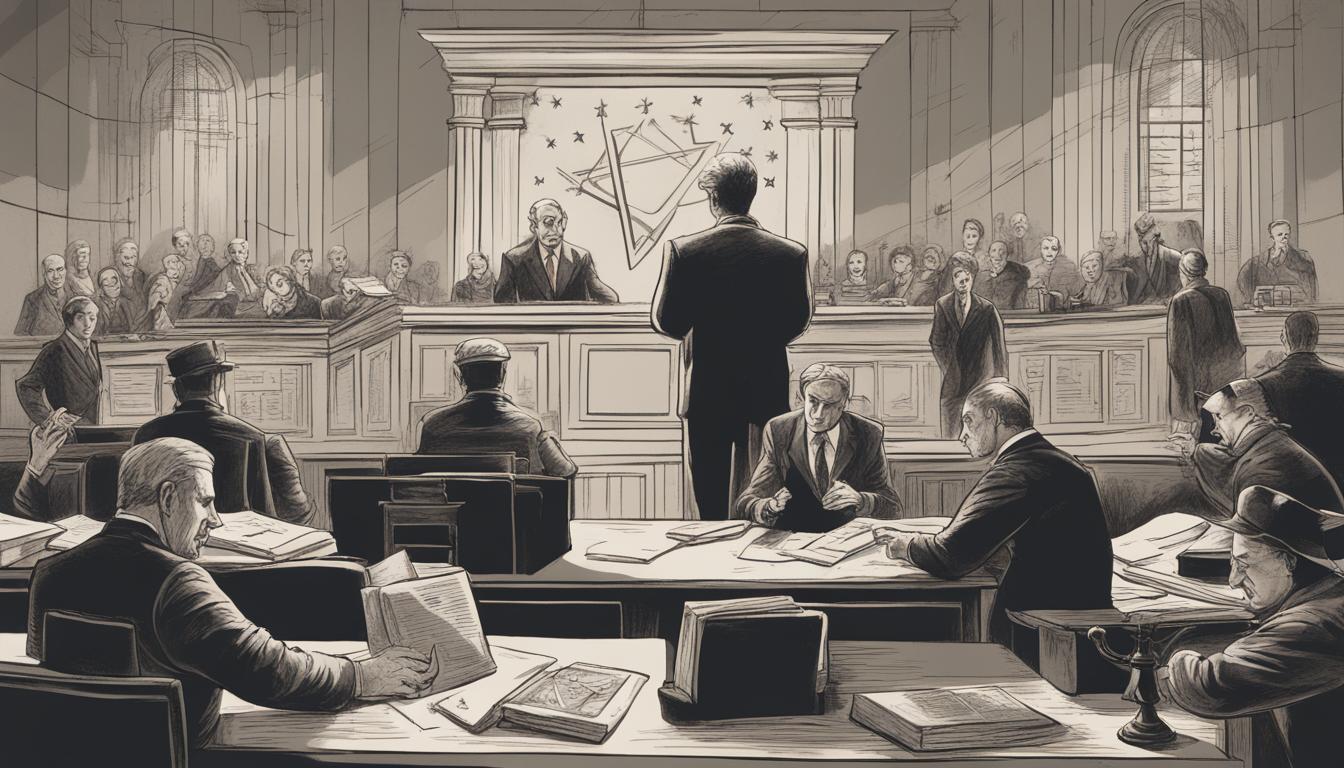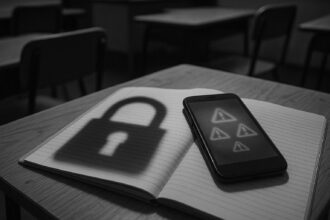As antisemitic incidents escalate, North Carolina forwards the SHALOM Act aiming to legally define antisemitism, while concerns surfaces over potential suppression of free speech.
North Carolina is considering a bill that would define antisemitism in state law, responding to a reported increase in antisemitic incidents. The proposed SHALOM Act, which aligns with the definition from the International Holocaust Remembrance Alliance, recently passed the House and is pending Senate approval. Crafted partly to address hate crimes, critics fear it may also suppress criticism of Israel, specifically in the context of the Israel-Hamas conflict. The bill, especially supported by Republican House Speaker Tim Moore, is cited as a measure against rising antisemitic behavior.
In other news, concerns over press freedom are mounting due to actions taken by Israel and the United States. Israel recently banned Al Jazeera, and the U.S. has banned the social media platform TikTok, citing national security but also hinting at concerns related to the Israel-Gaza conflict. This has sparked debate about government censorship, with entities like the Foreign Press Association criticizing the moves as detrimental to democracy. The U.S. faces additional scrutiny over the Reforming Intelligence and Securing America Act (Risaa), and new proposals threatening the operational freedom of non-profit news organizations, raising broad concerns about regulatory overreach on media freedom.
Meanwhile, U.S. public school officials were questioned in a congressional hearing about the increase in antisemitism within their districts. This follows recent antisemitic acts in schools in New York City, Maryland, and California. House Republicans emphasized the seriousness of the incidents, which included hate speech and inappropriate gestures imitating Hitler. School representatives defended their anti-bias policies but faced criticism over the consistency and efficacy of disciplinary measures. The hearing also highlighted the challenge of navigating educational responses to antisemitism amidst broader societal and political tensions, including debates over the characterization of actions related to the Israeli-Palestinian conflict.













